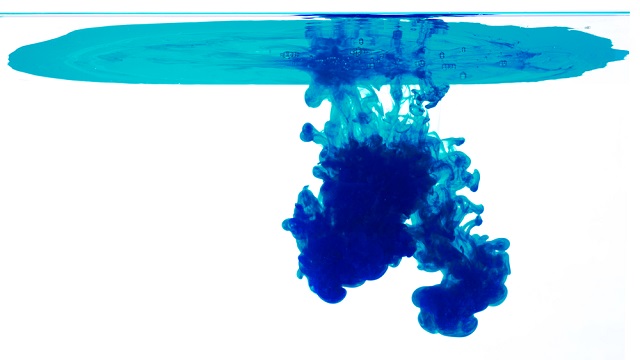Citizen Scientists: Want To Play With Some Antimatter?

What’s the Latest Development?
Scientists at Switzerland’s CERN particle physics laboratory recently launched an online app for a project titled Antihydrogen Experiment: Gravity, Interferometry, Spectroscopy (AEgIS). The app displays animations of the results created by shooting antiprotons at different materials and asks viewers to trace over any tracks that could represent actual particle paths. The team is also inviting volunteer programmers to help improve the basic app. The work is in preparation for a larger experiment, scheduled for 2015, in which antihydrogen atoms will replace antiprotons and provide insights into whether gravity affects antimatter in the same way as it does regular matter.
What’s the Big Idea?
Citizen science is growing in popularity across a variety of disciplines, but until now particle physics hasn’t been one of them. For AEgIS, algorithms exist that can do some of the work, but because they were designed for a different type of particle, the team realized that it needed a good deal of extra help. To that end, AEgIS spokesperson Michael Doser says their project is “a good test-bed to see whether we can get crowdsourcing to help us. We want to see whether humans are better than algorithms.” The human-supplied data will allow them to update the algorithms’ criteria for tracing particle tracks.
Photo Credit: Shutterstock.com





